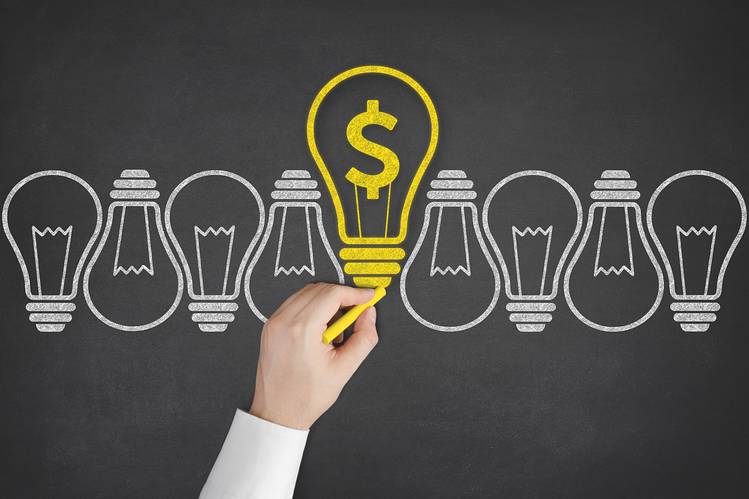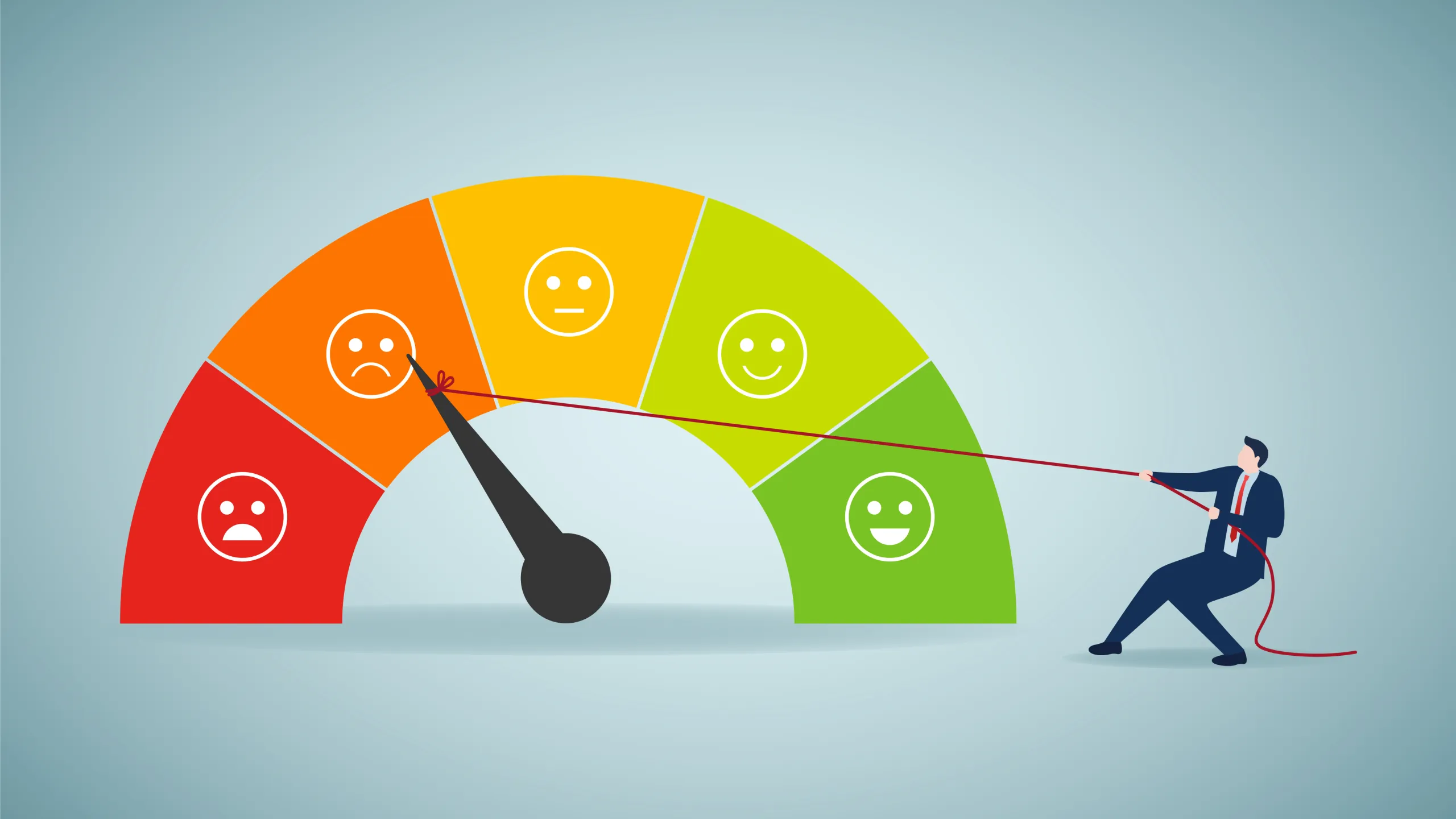When you buy a used car, you may not only save thousands of dollars on taxes, factory costs, and depreciation, but you may also end up spending more on financing.When you buy a used car, it’s hard to find a better deal than the ones offered by new car manufacturers, such as zero percent interest rates and offers that require no down payment.
If you want to buy a used car, keep reading for some money-saving advice on financing.
1.If you need to obtain financing for the purchase of a used car, you should look around for the best rate.You should check with your bank and any other lending institutions to see if they can do a better job than the dealership, even though the dealership may frequently offer you a good financing option.
A line of credit, which can sometimes be as low as 5%, or simply an offer from your lending institution for a low-interest home equity line of credit loan are other car financing options that may get you a better rate.
This is something to look into because a small reduction in the interest rate can save hundreds, and sometimes thousands, of dollars over the course of the loan.
2.Be Prepared to Walk Away If you are obtaining financing directly from a used car dealership and are dissatisfied with the rate that is being offered, you should be prepared to respectfully walk away from the deal.In tough economic times like these, when gasoline prices are so high and car sales are low, most dealerships would rather lower their interest rate by half or full point than lose a potential sale.
Additionally, you may have more leverage over salespeople who are under pressure to meet a monthly or quarterly quota if you are able to delay making a purchase from a dealer until the end of the month.
3.Cash on Delivery The best way to save money on financing is to avoid credit and financing altogether.Pay in cash only if you can.
If you want to buy a Civic that is five years old for $10,000, you can save that amount in one year at a rate of about $833 per month or in two years at a rate of $416 per month.Put that money in a savings account with a high interest rate instead of a car loan, and you’ll get there even faster.
4.Pay it Off Quickly If you can afford it, the quicker you pay off your car, the less money you spend on interest and financing.You should avoid long-term financing that lasts for four or five years, even though it would be foolish to put too much pressure on your family’s budget in order to pay off your vehicle.
5.Refinance in the Future Let’s say you need a new used car this year, but you’ve just bought a house, maybe had a baby, had a drop in your credit score, and money is tight.Indeed, you could acknowledge a higher financing cost now, however in a year – when things improve – you ought to examine the possibility of renegotiating that credit with another loaning establishment that can offer you a lower loan fee.









